Rosa Alvarez= Needs to be up to date.
Amanda Arnold= Has finished some E.C. problems but needs to go up to most recent posts.
William Boerger= Done O.K. need to fully complete Lit. Analysis and post most recent.
Rheanna Crawley= Missing very little, up to date for the most part.
Michelle Crosby= Up to date; well done and straight to the point.
Vince Cruz= A normal and finished blog. Solid.
Jose De Leon= New student.
Lizbeth Estrada= Could be more in this blog.
Kaitlyn Furst= Less than other blogs. But still has few of the more recent posts.
Bernardo Gonzalez= Interesting to look at. Like the UCLA background.
Iliana Guttierrez= Well-done. Enough said.
Mackenzie Greeley= One of the more intriguing blogs. Information filled and extra goodies.
Taelor Griego= Previously figured out but recently not as up-to-date as other blogs.
John Han= Missing lit terms that's it.
Elizabeth Hotchkiss= Need to put blog up to date.
Pablo Nicacio= Missing most recent HW.
Elizabeth Pereyra= Caught up, but not phenomenal.
Eddie Pineda= Missing few assignments.
Alex Ramirez= Complete for the most part.
Torre Reddick= Needs to update.
Christa Weston= Good job on the blog. Needs more recent though.
Thursday, February 21, 2013
Wednesday, February 20, 2013
I Am Here
My SMART goal has been accomplished in steps. The most important being back into having a daily routine, staying fit and healthy/ happy. Stress, on the other hand, is my only hindrance. School seems to become less and less significant to me as College becomes closer and closer to being a reality. My Senior Project is going to be worked out with some of friends that have been in my high school career, and gone through a lot of the same classes that I have. I want to show that thinking in perspective to the world, instead of the class has so much more meaning to me then trying to apply it to a stupid test. I could care less about a test, it saves me money, so I must take it. Simple as that. But I would live just fine without it. This Senior Project should show that many students choose different paths, and that is what makes them who they are, and how they can use that to help others.
Tuesday, February 19, 2013
Lit Terms 81-110
81) Narrative: a story or description of events
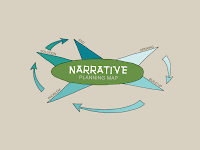
82) Narrator: one who narrates, or tells, a story

83) Naturalism: extreme form of realism

84) Novelette: short story; often satirical (not sure if it can be considered a short story)

85) Omniscient Point of View: knowing all things, usually the third person

86) Onomatopoeia: use of a word whose sound in some degree imitates or suggests its meaning

87) Oxymoron: a figure of speech that has two contradicting words in a phrase to create rhetorical effect

88) Pacing: rate of movement; tempo

89) Parable: a story designed to convey some religious principle, moral lesson, or general truth

90) Paradox: a statement apparently self-contradictory or absurd but really containing a possible truth

91) Parallelism: the principle that a sentence's structure ties into its function with a similar sentence

92) Parody: an imitation of mimicking of a composition or of the style of a well-known artist

92) Pathos: the ability in literature to call forth feelings of pity, compassion, and/or sadness

93) Pedantry: a display of learning for its own sake

94) Personification: a figure of speech attributing inanimate objects with human qualities

95) Plot: a plan or scheme to accomplish a purpose

96) Point of View: the attitude unifying any oral or written argumentation

97) Postmodernism: literature characterized by experimentation, irony, nontraditional forms, multiple meanings, playfulness and a blurred boundary between real and imaginary
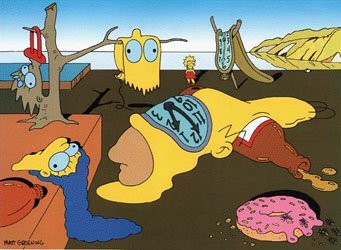
98) Prose: the ordinary form of spoken and written language

99) Protagonist: the central character in a work of fiction

100) Pun: play on words:
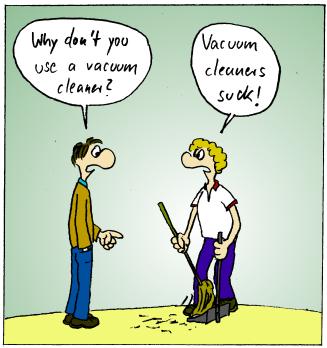
101) Purpose: the intended result wished by an author:

102) Realism: writing about the ordinary aspects of life in a straightforward manner to reflect life as it is

103) Refrain: a phrase or verse recurring at intervals in a poem or song
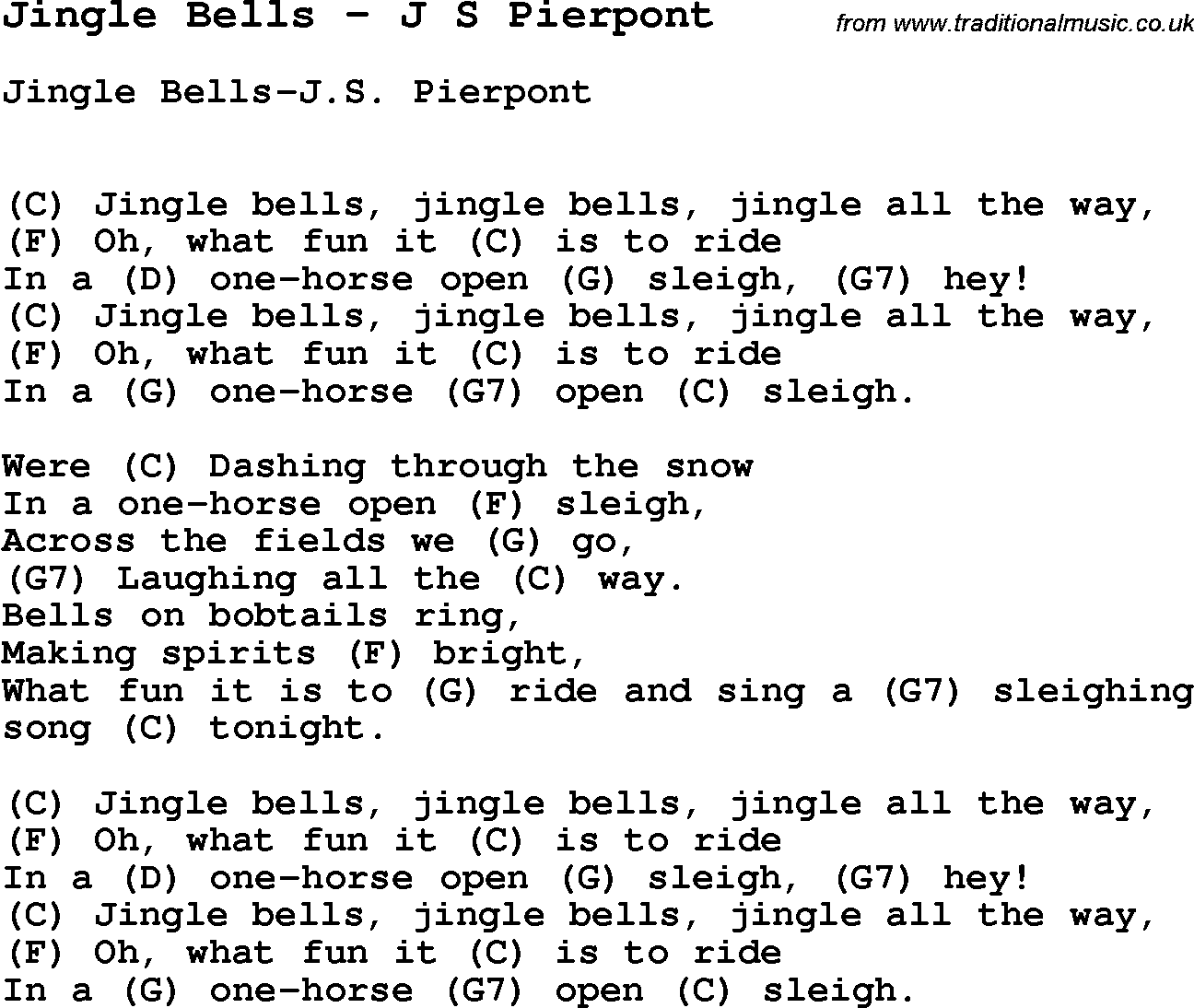
104) Requiem: any chant, dirge, hymn, or musical service for the dead
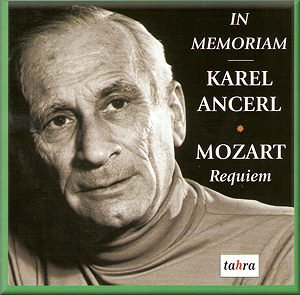
105) Resolution: point in a literary work at which the chief dramatic complication is worked out

106) Restatement: idea repeated for emphasis (memes)

107) Rhetoric: use of language, both written and verbal in order to persuade

108) Rhetorical question: question suggesting its own answer or not requiring an answer

109) Rising Action: plot build up

110) Romanticism: movement in western culture beginning in the eighteenth and peaking in the nineteenth century as a revolt against Classicism; imagination was valued over reason and fact
 (Why is he up there? No one knows, why care, it's cool.)
(Why is he up there? No one knows, why care, it's cool.)

82) Narrator: one who narrates, or tells, a story

83) Naturalism: extreme form of realism

84) Novelette: short story; often satirical (not sure if it can be considered a short story)

85) Omniscient Point of View: knowing all things, usually the third person

86) Onomatopoeia: use of a word whose sound in some degree imitates or suggests its meaning

87) Oxymoron: a figure of speech that has two contradicting words in a phrase to create rhetorical effect

88) Pacing: rate of movement; tempo

89) Parable: a story designed to convey some religious principle, moral lesson, or general truth

90) Paradox: a statement apparently self-contradictory or absurd but really containing a possible truth

91) Parallelism: the principle that a sentence's structure ties into its function with a similar sentence

92) Parody: an imitation of mimicking of a composition or of the style of a well-known artist

92) Pathos: the ability in literature to call forth feelings of pity, compassion, and/or sadness

93) Pedantry: a display of learning for its own sake

94) Personification: a figure of speech attributing inanimate objects with human qualities

95) Plot: a plan or scheme to accomplish a purpose

96) Point of View: the attitude unifying any oral or written argumentation

97) Postmodernism: literature characterized by experimentation, irony, nontraditional forms, multiple meanings, playfulness and a blurred boundary between real and imaginary

98) Prose: the ordinary form of spoken and written language

99) Protagonist: the central character in a work of fiction

100) Pun: play on words:

101) Purpose: the intended result wished by an author:

102) Realism: writing about the ordinary aspects of life in a straightforward manner to reflect life as it is

103) Refrain: a phrase or verse recurring at intervals in a poem or song

104) Requiem: any chant, dirge, hymn, or musical service for the dead

105) Resolution: point in a literary work at which the chief dramatic complication is worked out

106) Restatement: idea repeated for emphasis (memes)

107) Rhetoric: use of language, both written and verbal in order to persuade

108) Rhetorical question: question suggesting its own answer or not requiring an answer

109) Rising Action: plot build up

110) Romanticism: movement in western culture beginning in the eighteenth and peaking in the nineteenth century as a revolt against Classicism; imagination was valued over reason and fact
 (Why is he up there? No one knows, why care, it's cool.)
(Why is he up there? No one knows, why care, it's cool.)
Monday, February 4, 2013
First 25 Literary Terms: Remix
1. Analogy: Similarity in some respects between things that are otherwise dissimilar

2. Analysis: the break of an idea into parts in order to analyze it
3. Anaphora: a use of words in repetition, at the beginning of sentences, phrases, etc.

4. Anecdote: a very short story used to make a point

5. Antagonist: a character (kryptonite is almost placed as an evil character) put in a story with opposition against the protagonist

6. Antithesis: balancing a term for emphasis on a term

7. Aphorism: a statement expressing an clever observation about life

8. Apostrophe: a figure of speech where a dead person, or something inanimate is addressed
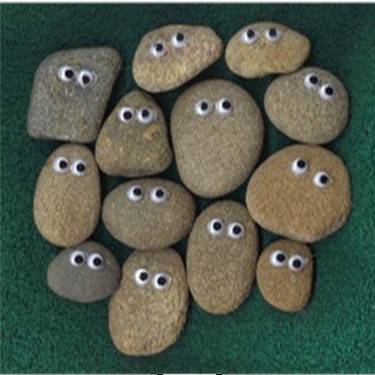
9. Argument(ation): the process of persuading a reader

10. Assumption: the act of taking for granted

11. Audience: the intended for listeners

12. Characterization: the means by which a writer reveals a character's personality

13. Chiasmus: a reversal in the order of words so that the second half of a statement balances the first half in inverted word order

14. Circumlocution: a roundabout or evasive speech or writing, in which many words are used but few would have served

15. Classicism: art, literature, and music reflecting the principles of an ancient civilization

16. Cliche: a phrase, or fad which is overused

17. Climax: the decisive point in a story

18. Colloquialism: folksy speech

19. Comedy: original, nondramatic literary piece of work that was marked by a happy ending

20. Conflict: struggle or problem in a story causing tension

21. Connotation: implicit meaning, going beyond dictionary definition

22. Contrast: a rhetorical device by which one element is thrown into opposition to another for the sake of emphasis or clarity

23. Denotation: plain dictionary definition

24. Denouement: loose ends tied up in a story after the climax

25. Dialect: the language of a particular district, or cultural group


2. Analysis: the break of an idea into parts in order to analyze it

3. Anaphora: a use of words in repetition, at the beginning of sentences, phrases, etc.

4. Anecdote: a very short story used to make a point

5. Antagonist: a character (kryptonite is almost placed as an evil character) put in a story with opposition against the protagonist

6. Antithesis: balancing a term for emphasis on a term

7. Aphorism: a statement expressing an clever observation about life

8. Apostrophe: a figure of speech where a dead person, or something inanimate is addressed

9. Argument(ation): the process of persuading a reader

10. Assumption: the act of taking for granted

11. Audience: the intended for listeners
12. Characterization: the means by which a writer reveals a character's personality

13. Chiasmus: a reversal in the order of words so that the second half of a statement balances the first half in inverted word order

14. Circumlocution: a roundabout or evasive speech or writing, in which many words are used but few would have served

15. Classicism: art, literature, and music reflecting the principles of an ancient civilization

16. Cliche: a phrase, or fad which is overused

17. Climax: the decisive point in a story

18. Colloquialism: folksy speech

19. Comedy: original, nondramatic literary piece of work that was marked by a happy ending

20. Conflict: struggle or problem in a story causing tension

21. Connotation: implicit meaning, going beyond dictionary definition

22. Contrast: a rhetorical device by which one element is thrown into opposition to another for the sake of emphasis or clarity

23. Denotation: plain dictionary definition

24. Denouement: loose ends tied up in a story after the climax

25. Dialect: the language of a particular district, or cultural group

Subscribe to:
Posts (Atom)